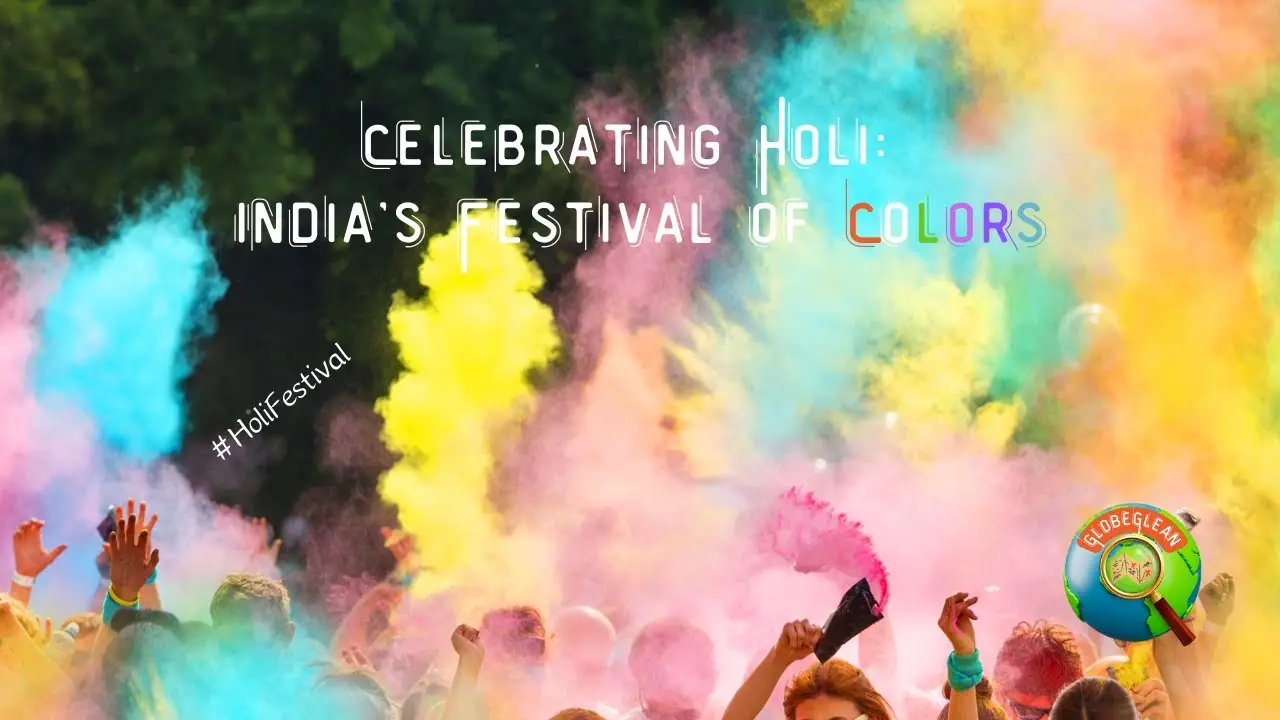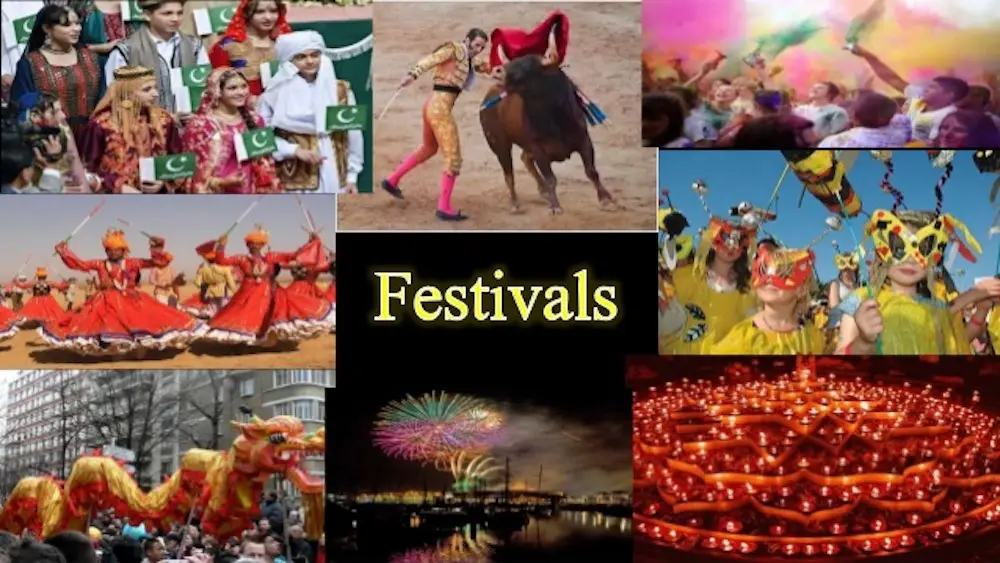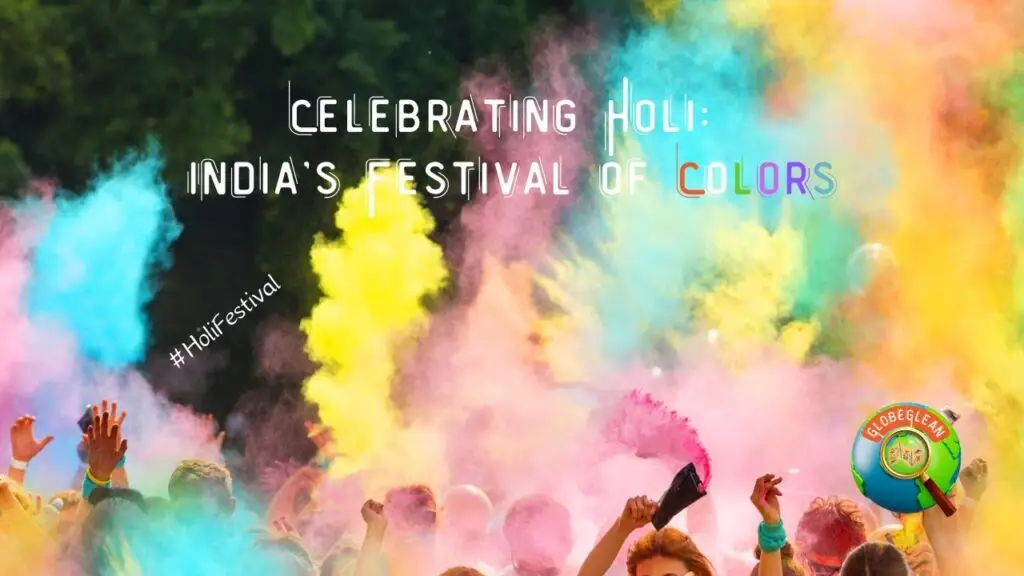Celebrating the World Heritage and Traditions
The world cultural festivals reflect the beautiful painting of rich culture and customs, accompanied with the elaborative artistic splendor that can be seen in different parts of the world. Besides celebrating heritage through such festivals, they even contribute towards cultural relations, social integration, and economic prosperity.
In the following pages,
we’ll cover the most important cultural world festivals, meaning their history; the characteristic attached with the festivals; and how important those become in keeping the culture alive as well as how the series of events are making their ways into the modern world by carrying out the different social, economic, and environmental impacts on these celebrations, and finally, answering frequently asked questions that will help you understand the scope and importance of cultural festivals all over the world.
World cultural festivals are in fact mass events set to have a time set aside to present different forms of music, dance, food, clothing,
and traditions of different societies mostly held annually or every other year thus presenting the opportunity to share cultural practices, ideas, and histories. These are the ways the expressions of cultural festivals occur through religious observances, agricultural cycles, and historical eras for coming together of people from all walks of life to celebrate their greatest human expression in its grandeur.

Importance of Cultural Festivals
Cultural festivals, therefore, offer a channel through which people relate to their cultural heritage. They provide people with a channel of pride in their cultural identity; meanwhile, educating others about their culture. Visitation of a cultural festival serves to give a tourist deeper insight regarding the culture and history of a place that may never be known by just going to the place.
Cultural Festivals as a Method of Transferring Culture to Future Generations
These events, with ritual or performance-related actions that have passed from generation to generation, also have another role in binding the generations together. When the young people enter into the festival, they will learn about their culture while becoming part of its continued legacy.
Role of Festivals in Preserving Culture
This is because cultural festivals mainly help in sustaining the traditional art forms, music, dance, and other handicrafts. In such a time when all has been reduced into globalization, this festival plays a role in sustaining the culture. Many of those indigenous modes of oral narrations and their practice now assume new meanings and are used in festivals thus stand a chance to ensure survival by the modern society.
Connecting the Past to the Present through Festivals
Festivals are a bright example of how with the passing of time culture changed its forms. It brings before the audience nowadays forms of music and dance, rituals, and performances, which modernize the ancient traditions. Then this becomes a way for the elders to pass their wisdom to the young people, so when the time passes by there are no young people carrying on the tradition.
Cultural Festivals: The Way to Learning Endeavor
Cultural festivals are a source of enjoyment for the various events but also serve as educational activities. These are experiences in learning some historical events that were portrayed during the festival, local cultures, and beliefs.They are often positive, offering enduring solutions to conflicts xand dissent within the different and rivaling factions. Rio Carnival is arguably the most ethnically diverse of all global celebrations. It passes through millions of visitors each year. Really, it is an ostentatious parade with samba dances, colored costumes, and uninterrupted music. The festival is a time to celebrate African, Indigenous, and Portuguese influences in Brazilian culture.
Diwali, India
Diwali is famously known as the Festival of Lights, for which millions of Hindus, Sikhs, and Jains celebrate with pomp and gaiety around the world. It celebrates victory over darkness by light and good by evil forces. A part of Diwali celebration involves households cleaning and decorating places, lighting oil lamps, giving each other presents, and savoring sweets.
Chinese New Year, China
So, basically, Chinese New Year is known as the Spring Festival. In a lunar calendar, this marks the start of a new year; hence, there are all the fireworks, dragon dances, all the gathering with family members, and the famous red envelopes full of money. It is a period for family reunions and paying respect to ancestors.
Oktoberfest, Germany
Oktoberfest is literally the world’s biggest festival of beer and takes place annually in Munich. It was held first in 1810 as the wedding for Crown Prince Ludwig and Princess Therese and developed into one of the festivals of the world, which is primarily associated with German culture, food, music, and, naturally, beer.
How Cultural Festivals Drive Tourism
Festivals as Purveyors of the Economy
Culture festivals usually inspire tourists since they boost the economy. Most destinations find a back door to attract visitors who eventually help the local artist, hotels, restaurants, and transportation. For instance, Rio Carnival attracts more than 2 million visitors yearly, literally pumping billions of dollars into the local economy.
Effects of Globalization on Culture Festivals
There is diffusion of cultural festivals from the internet and social media to other places in the world. Cultural festivals have therefore gained intercontinental visitors who come to experience firsthand the culture. Additionally, these festivals are widely telecasted globally, thus causing more attention and sponsorship opportunities.
Sustainability of Cultural Festivals
Promotion of Environmental Awareness
Cultural festivals usually accommodate thousands of people and thus produce massive quantities of wastes in colossal sizes. This notwithstanding, most of the festivals have brought forward initiatives towards an eco-friendly event by way of reduction of waste through recycling programs and what more, utilization of sustainable materials in decorations and costumes.
Reduction of Carbon Footprint through Mega Events
Event organisers cut costs through becoming carbon-neutral to reduce the costs on the environment. Offsets can be done through reforestation or consumption of renewable sources. Some festivals have even encouraged public transport from the guests so that carbon footprints were reduced.
Future World Cultural Festivals
Digital Festivals and Global Reach
Virtual festivals have enabled people to have an experience of viewing festivals from whatever part of the world without necessarily traveling to be there. The conceptualization of space in this festivity happened during a global crisis-the COVID-19 pandemic-forcing most festivals to be televised for viewing. Internet opportunities have made more cultures be celebrated around the world by bringing on board different international populations in the celebration process.
Role of Technology in Festive Culture
Tech changes the character of festivals and experiences. Augmented and virtual reality will be part of some festivals for immersing in experiences by the people of festivals. Mobile apps guide one’s tour at an event and help find hidden jewels in festivals.

World Cultural Festivals FAQs
Why cultural festivals are necessary?
Cultural festivals should be celebrated in a way that epitomizes the rich culture and traditions of different communities. It brings a sense of understanding, unity, and appreciation within people from different cultures.
How can festivals popularize global understanding?
The festivals incorporate mixed culture-a gathering of people of all kinds of cultural backgrounds, allowing the opportunity to learn about a variety of lifestyles, traditions, and beliefs, thus instilling mutual respect and understanding.
How can I take part in the world cultural festivals?
To form part of global cultural festivals you can visit as a tourist, volunteer or even as partaker in the performances or art presentations. Most of them also offer virtual participation.
Are the World Cultural Festivals only for locals?
честные казино с быстрыми выплатами
бездепозитные бонусы казино
играть в лучшем казино на деньги
база казино с бездепозитным бонусом
онлайн казино России
casino oyunu
Not at all. Cultural festivals welcome people from across the entire globe. In fact, they open their arms to international tourists so that they feel and experience other cultures.
How are World Cultural Festivals varied around the world?
Festivals are very much different in different places according to the specific culture, tradition, religion, and the roots of a particular place. While some recognize or base their festivals upon harvests, agriculture, historical events, religious milestones, or anniversaries.


